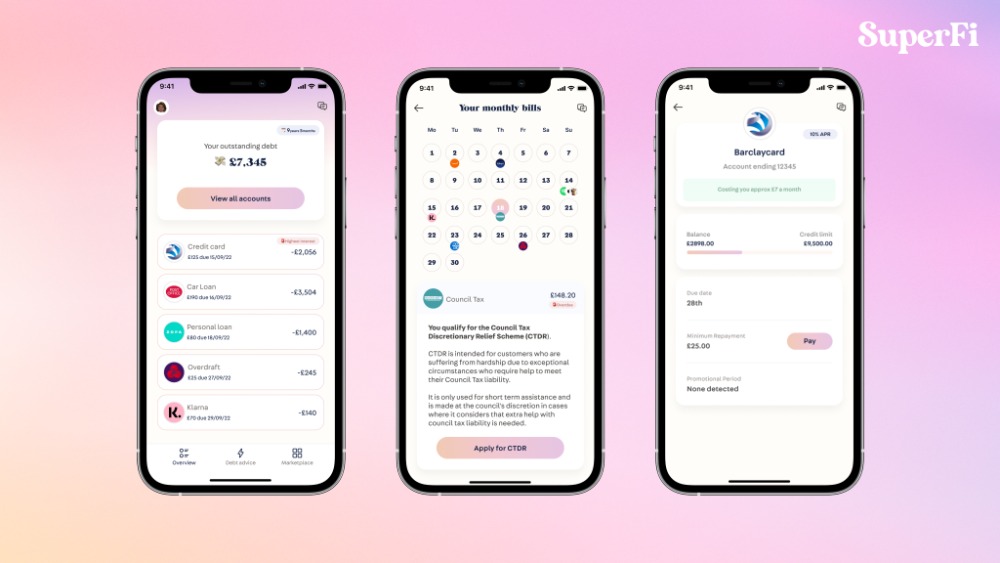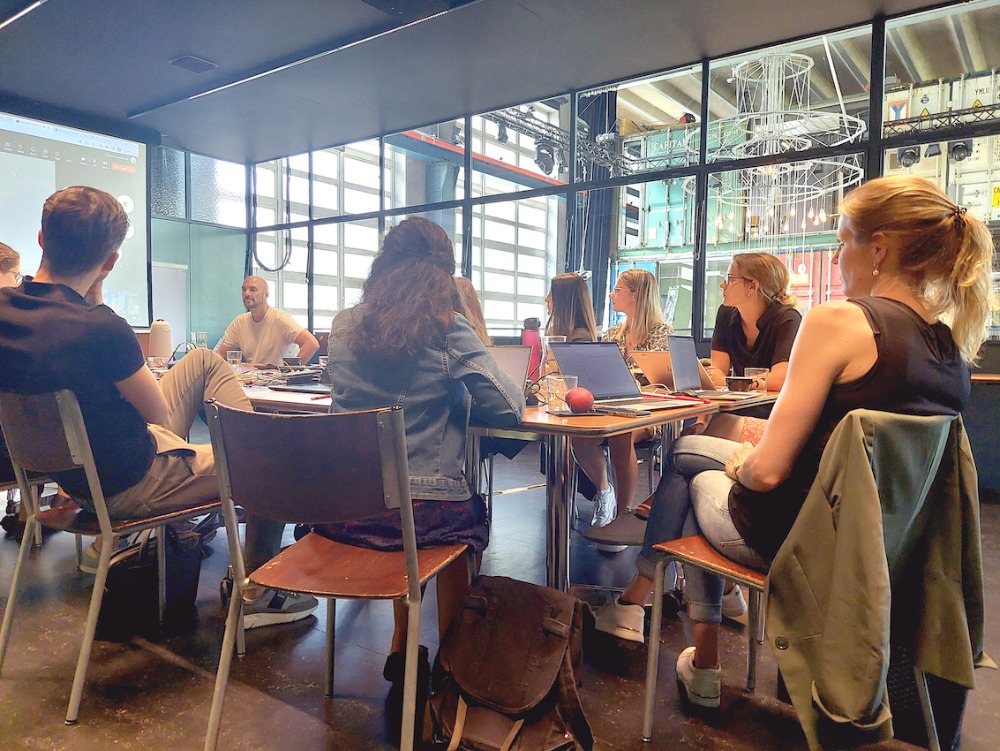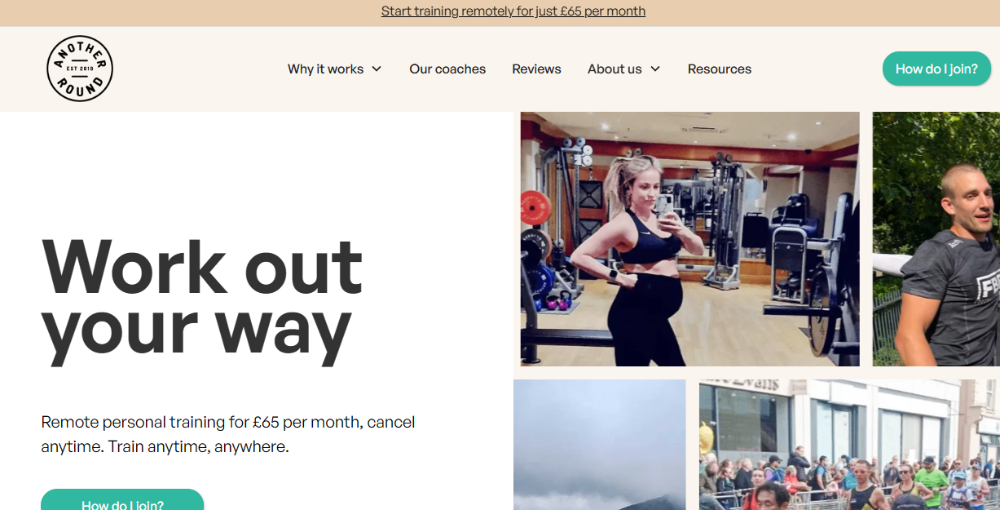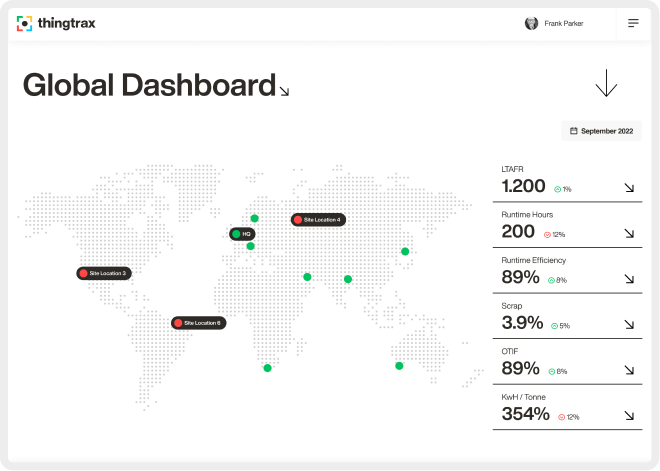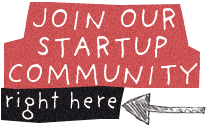How to keep an ethical heart when selling to people...

by Startacus Admin
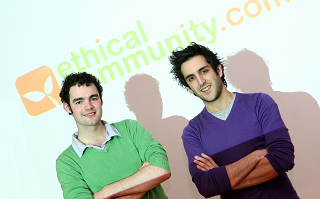
Have you ever been to an 'ethical' farmers' market or a craft fair, and the moment you left, regretted not buying, because you know you will never find that product on the high street or online?
Well with the Ethical Community, Jason Dainter and Liam Patterson have created an online eco-friendly and natural marketplace, to help address that very issue. Launched back in October 2010, the website simplifies the often complicated process of shopping ethically by explaining what each product's ethical credentials and certificates mean, meaning that you can easily find out what and where you are buying from, and all from the comfort of your own home!
Startacus spoke to the two University friends turned Entrepreneurs to find out what advice they could give to first time entrepreneurs, and to find out some more about their online ethical marketplace...
Tell us a little bit about Ethical Community - and what makes you stand out from other ‘ethical’ traders?
Ethical Community is an eco-friendly and natural marketplace selling products that do good in a range of categories from fair trade coffee direct from Ethiopia through to funky upcycled t-shirts from London boutiques. The concept for Ethical Community initially was born via my co-founder Liam Patterson and his Environment and Business degree at Leeds University. Liam would spend a lot of time going to local farmers' markets and small eco-friendly stalls and at that point we did a lot of research into the main things that made these markets so special. We were also interested in how the experience could be replicated online. The feedback we got at that point was that at these markets, consumers loved the fact that you could meet sellers, chat and interact with them, learn about the story and meaning behind their products discovering where they come from, how they were made, and what caused them to be eco-friendly, natural or ethical. Mine and Liam's university days (where we met) saw the birth of social media and we saw how the web was changing to become inherently more social and saw this as a big opportunity to combine such social elements and a marketplace into one. Our goal a couple of years on is still very similar, to create an online marketplace with a very large inventory (we have over 8500 products sold by over 1200 sellers now) but one that also allows for a very personal shopping experience, which is what we feel separates us from other ethical retailers.
In the early days, what was the toughest part of setting up a online marketplace?
Marketplaces that make revenue from charging a commission (we charge 10% to sellers in our marketplace on items that are sold) are notoriously difficult to get up and running due to the "chicken and egg" dilemma. These platforms require many sellers on board in order to provide a large and varied range of exciting products, but those sellers require a fast growing stream of sales in order to find the experience profitable. This is probably the biggest challenge that a marketplace model will face and there is no "silver bullet" solution other than lots of hard initial work ensuring that in the early days (especially when your brand is not established yet) you get the momentum you need. We put a very slight bias on ensuring we had lots of sellers sign up and in the early stages for the first 10-20 sellers we got on board we offered to do all the hard work in uploading their products for them (now we have over 1200 sellers and have automated product uploaders to handle this, but our platform was not so sophisticated back then!). This was probably one of the toughest challenges we had to overcome and where we needed to apply a lot of entrepreneurial spirit to ensure our platform build up the growth that we are seeing now.
You recently received £200k from Angel Investors. At what point did you agree that this investment was necessary?
Quite early on in the process we had decided that our business would require funding in order to to the size we wanted in the time-scale that we wanted. When looking at other successful marketplace models and seeing how they grew we realised that for this kind of model funding rounds (both early stage and often beyond) were common place often due to the way in which marketplaces require a critical mass before gaining sustainable revenues. As a business that was very keen on hiring a very strong and talented team we knew we would require some up-front capital in order to do this.
Was it an easy decision to look at outside investment?
For us it was quite an easy decision. Taking outside investment from business angels at an early stage has huge added benefits over other forms of finance (for example loans) in the sense that if you choose your investors carefully (very important!) then you will also gain experience and knowledge that will help your business grow. Of course, choose the wrong investors and this can easily hinder the business so judging what kind of investors you need is a very important part of the process. Going through the investment seeking process (especially if it's your first time doing this) is certainly not an easy thing to accomplish so in making a firm decision to raise early stage finance also meant we had budgeted enough time to ensure we could close our round before short term cash flow became an issue.
What does this investment mean in terms of developing the company and the site?
The investment has allowed us to scale our development team and we have recently hired a new CTO (Chief Technical Officer) to help us scale our platform to the next level. We have plans to relaunch our platform in late summer.
What advice would you give to someone with a good business idea, but little idea in how to start things?
I think its fair to say that there are lots of people who have ideas for businesses and actually the vast majority of those ideas are good ideas. An idea itself is rarely what causes a business to materialise into something successful and actually most business that start with an idea will evolve that idea heavily (or "pivot") often to the point where they end up building something completely different to what they initially thought up. In my opinion the key to taking your idea to the next step is execution. Within our business we aim to follow lean start-up practices (a good Google search on this will reveal a lot of information) which means rather than dreaming up plans for world changing empires,doing lengthy 100 page business plans, and going into a dark room for 6 months to build your idea, instead focus on getting a minimum viable products (MVP) out to your market as soon as possible. Keep things simple, but test your business out and gain valuable feedback and metrics. This feedback can then be used to constantly evolve your idea based on what actually works and what your customers actually want. I think first time entrepreneurs often fall into the trap of being afraid to cut back to their ideas to the absolute minimum, possibly because entrepreneurs tend to be perfectionists so this is a hard and often quite unnatural habit to get into!
What's next for Ethical Community? Any big plans you can share with Startacus?
We have a rather large relaunch coming up in the summer which amongst other things will involve a complete brand overhaul for our business, better tools for our sellers and some exciting new features allowing customers on our site to curate and discover products in a really fun and personal way. If we told you any more, I'd probably get into trouble!...So watch this space over at Ethical Community!
We wish Jason and Liam all the best for the next stage in their journey and do check out their wonderful online store as well!
If you like what you see here on Startacus and want to get involved yourself, why not become a member of our growing community by joining for free here!
Subscribe to our newsletter
If you would like to receive our startup themed newsletter, full of the latest startup opportunities, events, news, stories, tips and advice, then sign up here. How Manufacturing Businesses Can Reduce Energy Costs
How Manufacturing Businesses Can Reduce Energy CostsGot a business in the manufacturing sector? These tips on how you can reduce energy costs while being more sustainable are well worth a read...
 SureIn Secures €4M to Close the SMB Insurance Gap
SureIn Secures €4M to Close the SMB Insurance GapInnovative InsurTech startup SureIn announces a €4M Seed round to further its mission of making insurance easy, transparent and hassle-free for SMBs.
 How IoT Is Revolutionising Consumers' Daily Lives
How IoT Is Revolutionising Consumers' Daily Lives Nassia Skoulikariti, Director of IoT Programmes, Mobile Ecosystem Forum shares some insights on how IoT is having a significant impact on all our lives.
 How to invest in tech companies with the help of AI
How to invest in tech companies with the help of AIRoger James Hamilton, Founder and CEO of Genius Group, a world-leading entrepreneur Edtech and education group, discusses how introducing a globalized curriculum will help better prepare students.
 SuperFi raises $1M pre-seed funding round
SuperFi raises $1M pre-seed funding roundSuperFi, the debt prevention platform, has announced a $1m pre-seed funding round to support people during the cost of living crisis.
 Startups rely on AI & sustainability for new partnerships
Startups rely on AI & sustainability for new partnerships41 startups from 13 countries, including the UK, have been selected for the 8th Kickstart Innovation program, one of Europe’s leading innovation platforms.
 Another Round closes £300k Seed round to revolutionise personal training
Another Round closes £300k Seed round to revolutionise personal trainingPersonal training platform Another Round has secured £300k in its latest fundraise, including investment from angels and its community.
 Thingtrax Secures £4.3M
Thingtrax Secures £4.3MThingtrax Secures £4.3M to Empower Manufacturers to Build the Factories of the Future
 A measure of inflation relief for small firms
A measure of inflation relief for small firmsA measure of inflation relief for small firms sees transport costs fall but service price increases remain elevated
 A look at HR tech startup HR DataHub
A look at HR tech startup HR DataHubBedfordshire-based HR tech startup HR DataHub has built a range of tools for HR departments
Published on: 22nd June 2012
If you would like to enable commenting via your Startacus account, please enable Disqus functionality in your Account Settings.
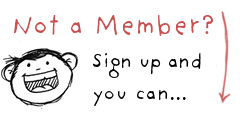






- SureIn Secures €4M to Close the SMB Insurance Gap 15th Aug 2023 Innovative InsurTech startup SureIn announces a €4M Seed round to further its mission of making insurance easy, transparent and hassle-free for SMBs.
- SuperFi raises $1M pre-seed funding round 28th Jul 2023 SuperFi, the debt prevention platform, has announced a $1m pre-seed funding round to support people during the cost of living crisis.
- Startups rely on AI & sustainability for new partnerships 27th Jul 2023 41 startups from 13 countries, including the UK, have been selected for the 8th Kickstart Innovation program, one of Europe’s leading innovation platforms.
- Another Round closes £300k Seed round to revolutionise personal training 21st Jul 2023 Personal training platform Another Round has secured £300k in its latest fundraise, including investment from angels and its community.
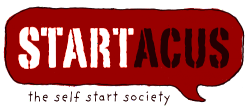






 Daniel Dierkes, David Schara, and Maximilian Geißinger 2.jpeg)

.jpg)
